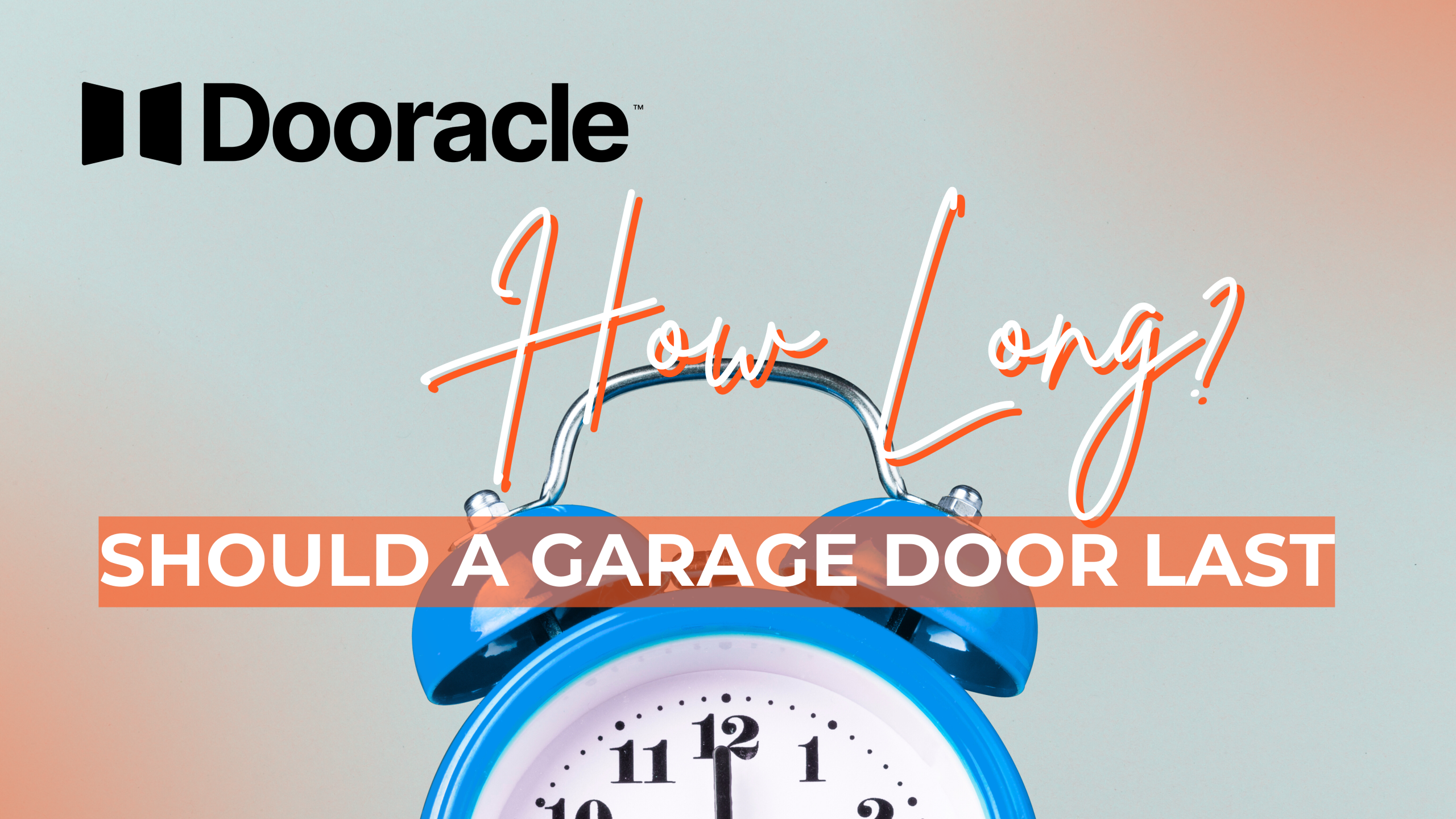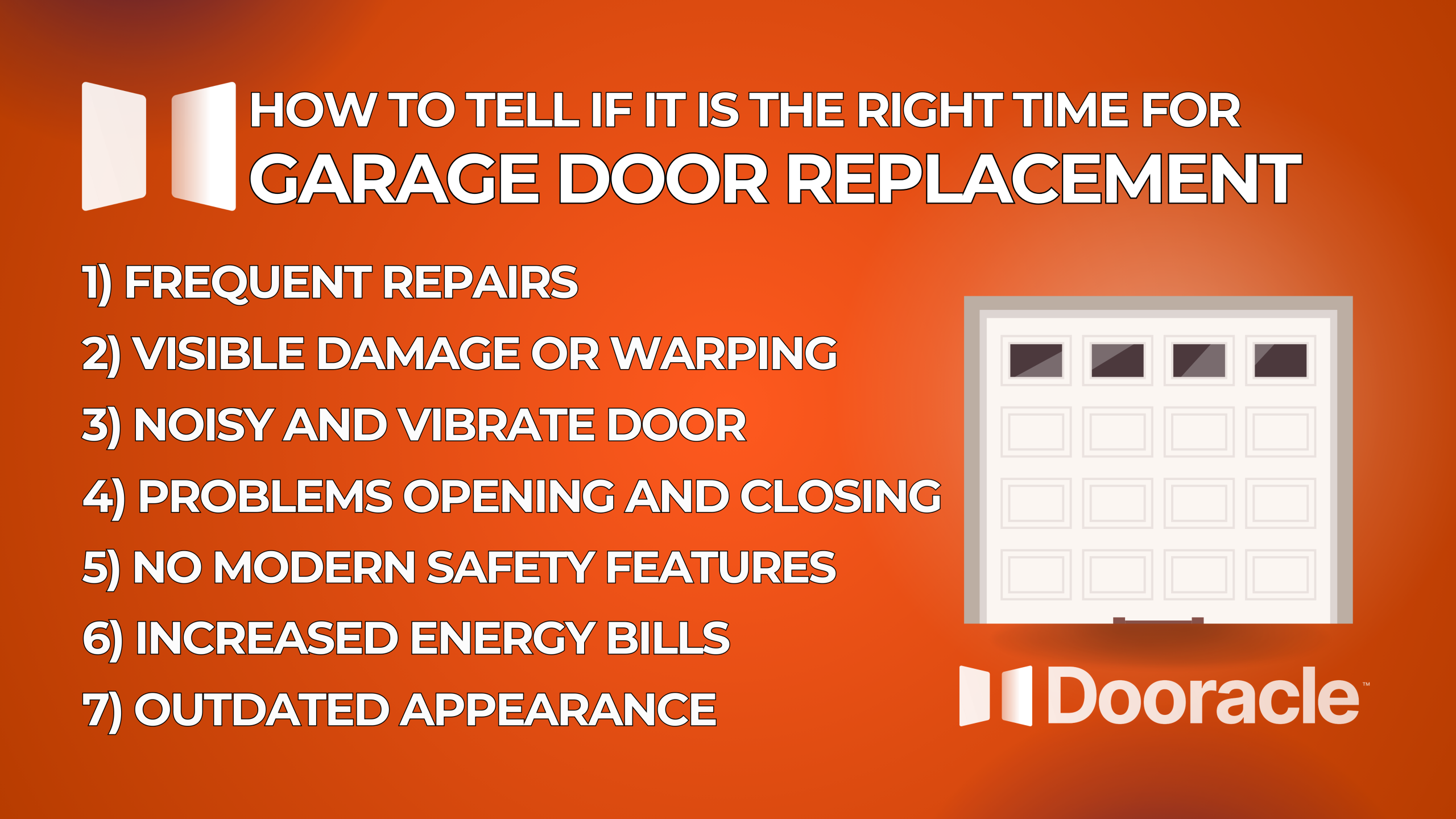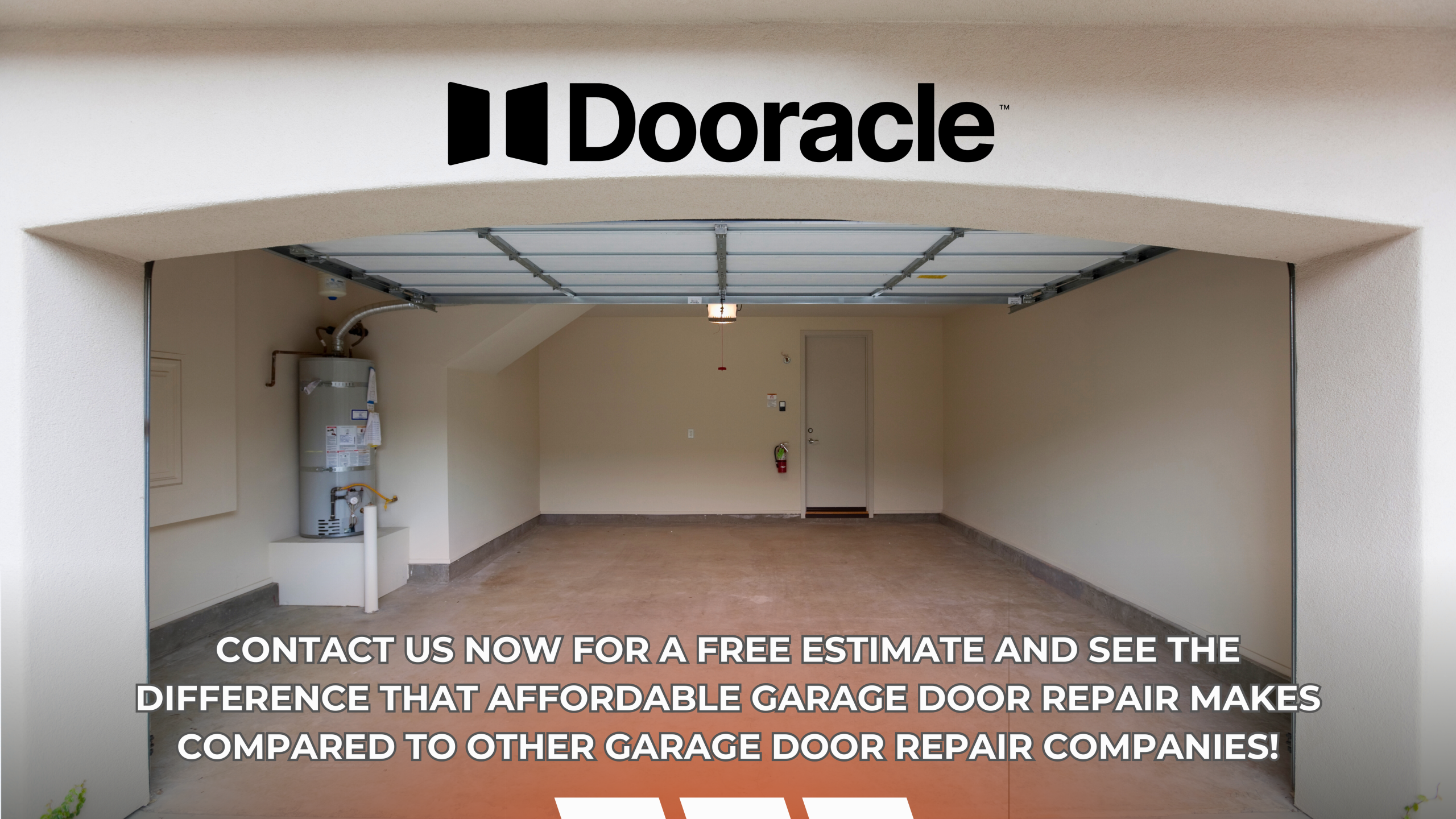
Garage doors, due to their nature as frequently opened and closed moving parts on your home are one of the first things that will need repairs just given how much use they see over time! Garage doors are tough, but they don’t last forever. This information connected with the expected lifespan of your garage door along with what to look out for in signs that it’s time to replace can save you from sudden breakdowns and high costs.
Here at Affordable Garage Door Repair, we have worked on repairing and maintaining garage doors for hundreds, probably thousands of homeowners. This guide will cover the average lifespan of a garage door, what factors affect how long it can last, and when to know you have outgrown your old doors.
A garage door generally lasts 15 to 30 years which means somewhere the material, usage, maintenance, or environmental things are contributing to these counts. Of course, not all garage doors are equal. What is the average lifespan for each material used in a garage door?
The door itself may last for decades, although springs, rollers, and cables could go bad within 5-10 years and require replacement
The lifespan of your garage door can depend on several factors. These factors will help you identify a well of information to make your door live longer after giving it good health care.
As with most hardware, the more frequently you operate your garage door opener again and again will affect it quicker than less use.
Harsh weather conditions including humidity, extreme heat, or coastal air can contribute to the deterioration of timber frames.
Keeping your garage door well-lubricated and making regular inspections for damage can also help extend the life of an automatic opener.
The higher quality an installation is done, the less likely you would face misalignment issues resulting in early wear.

The fact is, regardless of how well you take care of your garage door — at some point, it’s going to need replacing. Below are the main signs that will tell you when your door is way beyond any DIY repair slap jobs.
If it seems like your garage door is in constant need of repair (like replacing springs, rollers, or cables), then you may as well just buy a new one due to the cost. Consistent Breakdowns This is one of the indicators that your garage door might be reaching the end of its lifeline.
If the repairs start costing half of a new door, it is time to replace it.
Dents, cracks, rust, or warping are more than just an aesthetic issue and can hinder the door from functioning properly as well as impact its structural strength. Wooden doors can get warped by moisture and metal doors may suffer rusting after years.
If the damage is as well significant as it triggers insufficient procedure or present safety and security problems, a substitute would be advised.
Also, listen for odd noises while the garage door is in operation such as grating, squealing, or rattling sounds which can indicate worn-out parts of misalignment. If these sounds continue after maintenance, then you need to upgrade the door and opener.
Noise can get worse over time, even after they have been repaired, so if you want to replace the door for smoother and quieter operation.
Your garage door should move up and down without effort. Some common situations that fall under the first point are when your door has a difficult time going up, if it gets stuck in place or extremely slowly goes down which are all signs you have some broken springs/tracks/bad shape of the door.
If adjusting the opener or fixing some parts does take care of any problems, then replacing all things may be the best solution.
Safety Features: In the old garage doors, probably there are missing smart technology or auto-reverse sensors similar to other modern safety features. These functions provide an extra sense of safety, especially in households with young children or pets.
If you do not already have safety features in your garage door, adding them will go a long way towards peace of mind.
A cracked or insulated garage door can allow drafts and outside temperatures to affect the interior of your home, causing increased heating and cooling costs. Doors with higher R-values are also insulated and offer better energy efficiency.
If you notice that your energy bills have gone through the roof and it can be attributed to an improperly insulated garage door, replacing them with a model from this category could help increase efficiency.
The curb appeal of your home largely depends on the presentation of your garage door. If your door appears obsolete or nowhere near the style of your home, then replacing it with a more up-to-date one is an effective way how you can improve its look and increase value.
If you are refurbishing an existing property or about to put your home on the market, switching out garage doors is a simple way of increasing curb appeal.
Although you have to replace it eventually, regular maintenance can keep your garage door in good shape and help increase its lifespan. Below are a few tips for making AC last long:
As with most hardware, the more frequently you operate your garage door opener again and again will affect it quicker than less use.
Harsh weather conditions including humidity, extreme heat, or coastal air can contribute to the deterioration of timber frames.
Keeping your garage door well-lubricated and making regular inspections for damage can also help extend the life of an automatic opener.
The higher quality an installation is done, the less likely you would face misalignment issues resulting in early wear.

A properly functioning garage door should last between 15 and 30 years, but the fact is that there will come a time when you need to replace it.Identifying symptoms of wear on your vehicle quickly can prevent expensive repairs and unforeseen car breakdowns. If your door is loud, in ill repair, or constantly having problems then it might be time for a new one.
Affordable Garage Door Repair — garage door replacement and installation expert Schedule a Consultation Today! Find the perfect durable, stylish, and energy-efficient door that suits you best.